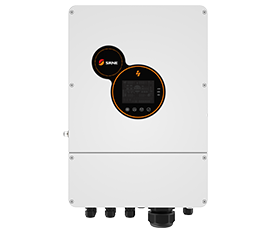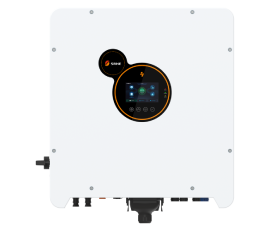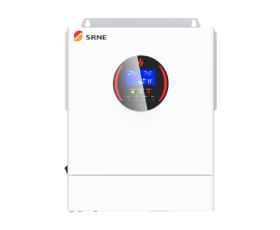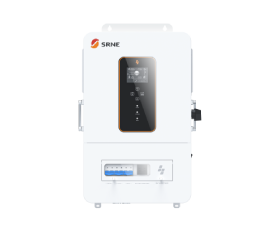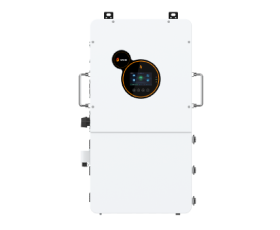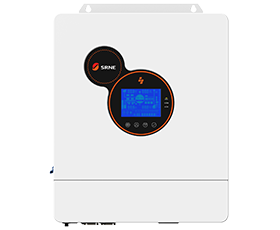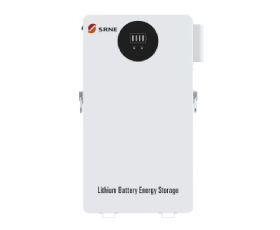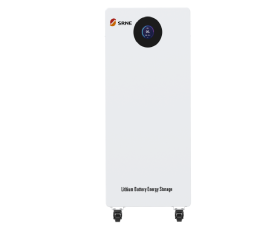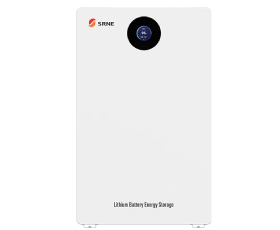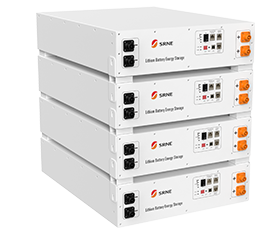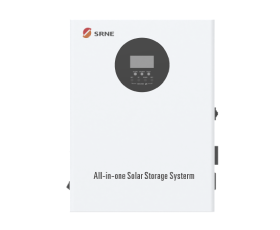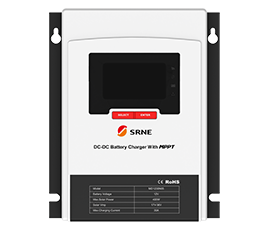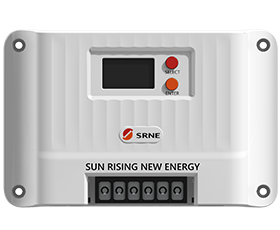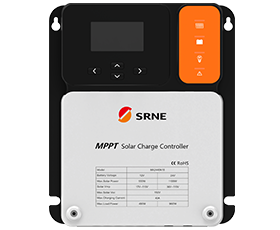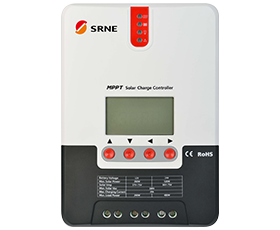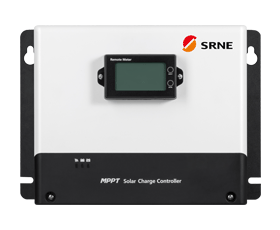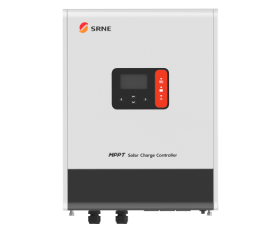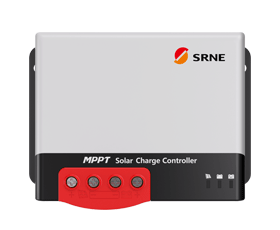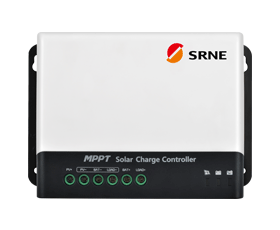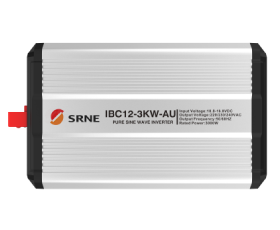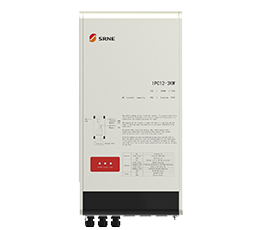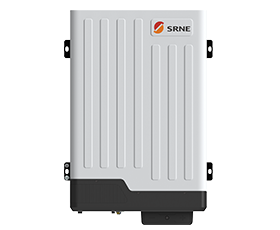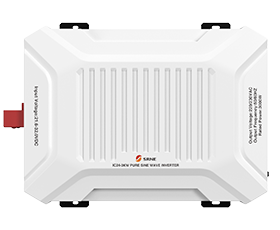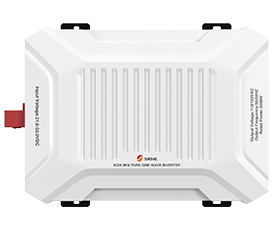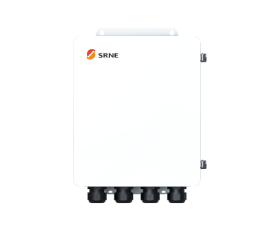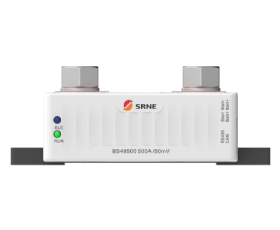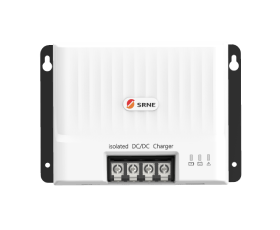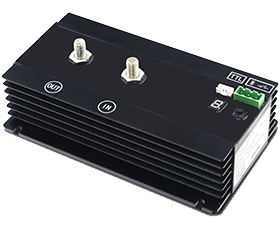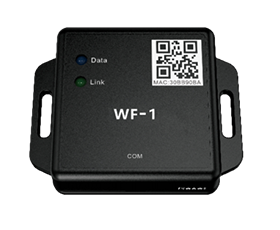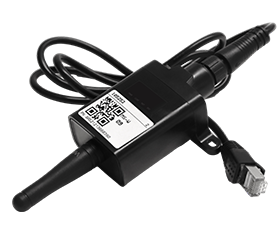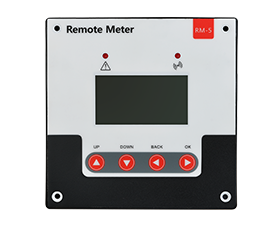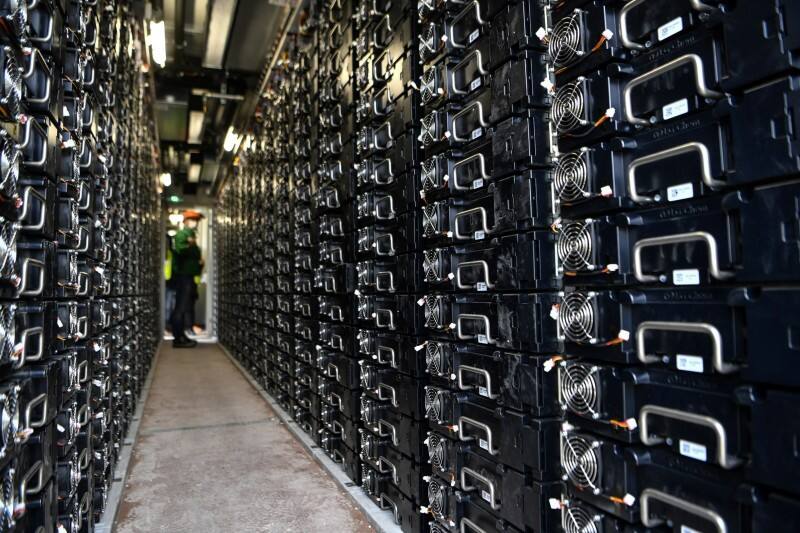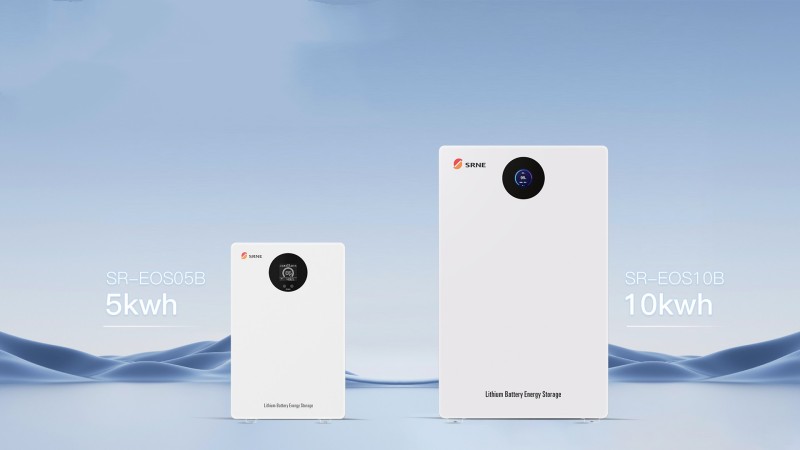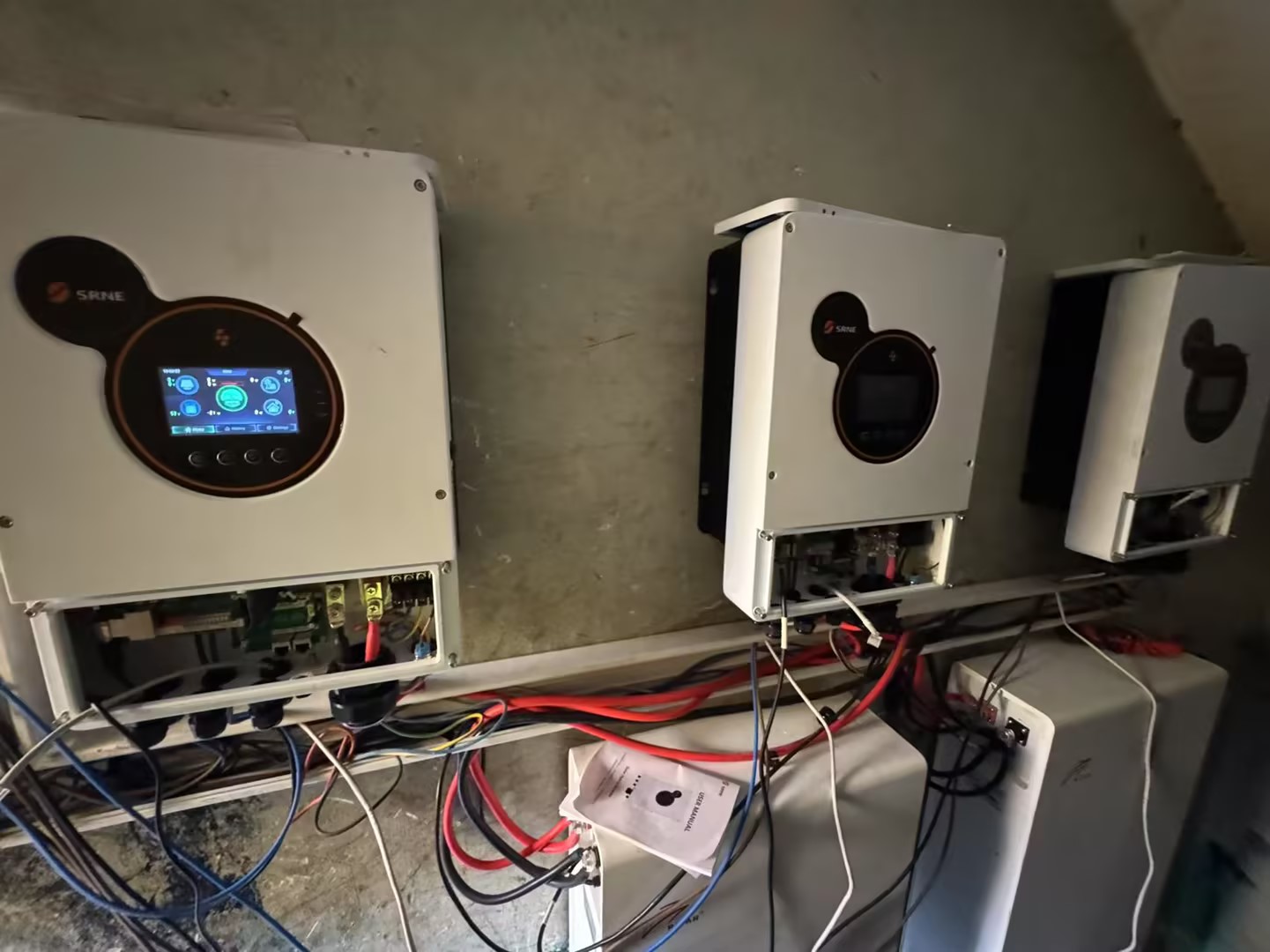What is the difference between the high voltage and the low pressure on the energy storage?
1.Different
Low voltage on the energy storage side usually refers to energy storage batteries with a rated voltage below 48V or 51.2V, that is, the energy storage batteries and energy storage systems currently on sale at SRNE are all low-voltage energy storage batteries.
The high voltage on the energy storage side usually means that the rated voltage of the energy storage battery is above 48V (usually up to 100-550V, and some models can reach above 900V)
2.The difference between the two battery types
There are certain differences between these two types of batteries in terms of performance, efficiency, safety and cost. Here are some key differences between them:
●System efficiency: The efficiency of high-voltage energy storage batteries in the energy conversion process is usually higher, because the higher voltage can reduce the conduction loss inside the system. Low-voltage energy storage batteries have relatively low efficiency in the energy conversion process.
●Electrical safety: High-voltage battery systems require more consideration in terms of safety, because high voltage may cause electric shock hazards and equipment damage. Relatively speaking, low-voltage battery systems have a lower risk of electric shock and are therefore relatively easier to manage in terms of safety.
●Cost: The cost of high-voltage energy storage batteries is usually high because of the complexity of electrical equipment, protection measures and installation engineering required. The cost of low-voltage energy storage batteries is relatively low, because its system design and installation are relatively simple.
●System Design: High-voltage battery systems usually require more complex electrical design and control systems to ensure safe and efficient operation. The low-voltage battery system is relatively simple, easy to design and maintain.
●Compatibility: Low-voltage energy storage battery systems are relatively common in the market, and have good compatibility with many household appliances and equipment. And high-voltage energy storage batteries may require additional equipment or adapters to be compatible with other household appliances or systems.
●Scalability: The high-voltage battery system may have more flexibility in terms of scalability, because the system capacity can be adjusted by adding or subtracting battery modules. The low-voltage battery system may have poor scalability because the number of parallel batteries is limited.
3.Advantages and disadvantages of low-voltage energy storage batteries
Advantage
● Relatively low cost: The manufacturing cost of low-voltage batteries is relatively low, making them somewhat competitive in price.
● Higher safety: Low-voltage batteries are relatively safer during operation because their working voltage is lower, which is an advantage for residential use.
●Easy to install and maintain: Low-voltage batteries are relatively easy to install and have low maintenance costs, which are beneficial to ordinary household users.
disadvantage
●Larger volume: In order to obtain the same energy storage capacity, low-voltage batteries usually require larger volume and weight.
●Low efficiency: The energy conversion efficiency of low-voltage batteries is usually lower than that of high-voltage batteries, which may lead to greater energy loss.
4.Advantages and disadvantages of high-voltage energy storage batteries
Advantage
●High energy density: High voltage batteries have high energy density, which means more energy can be stored under the same volume and weight.
● Higher conversion efficiency: The energy conversion efficiency of high-voltage batteries is usually higher than that of low-voltage batteries, making them less energy loss during use.
●Excellent scalability: The high-voltage battery system has good scalability, and the energy storage capacity can be easily increased or decreased as required.
disadvantage
● Higher cost: High-voltage batteries are generally more expensive to manufacture, which can lead to higher purchase costs.
● Higher safety requirements: The safety risk of high-voltage battery operation is relatively high, and stricter safety measures and management are required.
5. Application scenarios of the two batteries
Low-voltage energy storage batteries are usually used in household energy storage or small commercial energy storage needs (please refer to the advantages and disadvantages of low-voltage energy storage batteries), and high-voltage energy storage batteries are more used in large-scale industrial and commercial energy storage, electric vehicle charging stations, Application of peak shaving and valley filling
6. High-voltage energy storage batteries are more suitable for charging new energy vehicles
In the household field in Europe and the United States, more and more customers (usually high-end customers) choose high-voltage energy storage systems. Due to the popularity of electric vehcles, high-voltage energy storage systems can be better combined with electric vehicle charging stations, because new energy vehicles The battery voltage also adopts a high-voltage scheme. If a low-voltage energy storage battery is used to charge new energy vehicles, the voltage needs to be boosted, and the relative loss is relatively large.
7.Will SRNE launch high-voltage energy storage batteries?
The follow-up product plan of the energy storage product line also includes high-voltage energy storage systems (mainly low-voltage batteries in the short term)




















